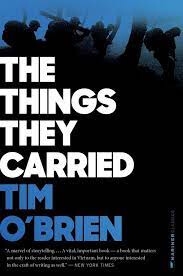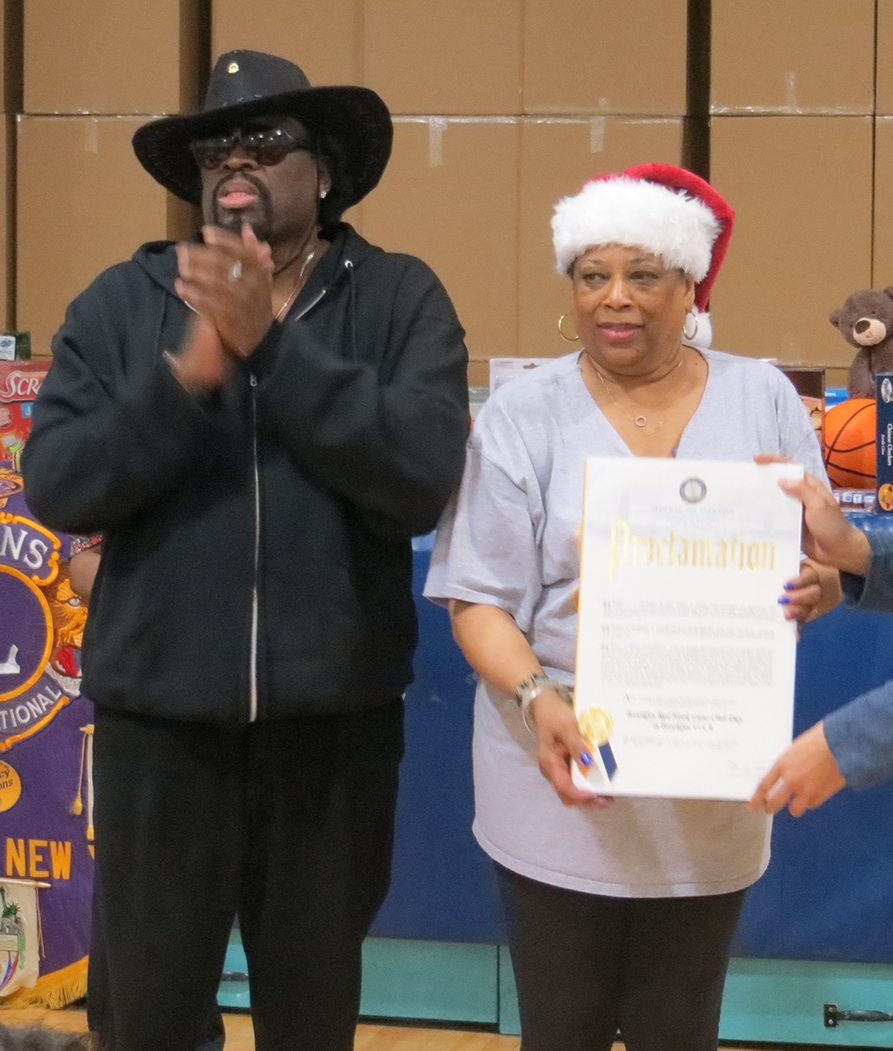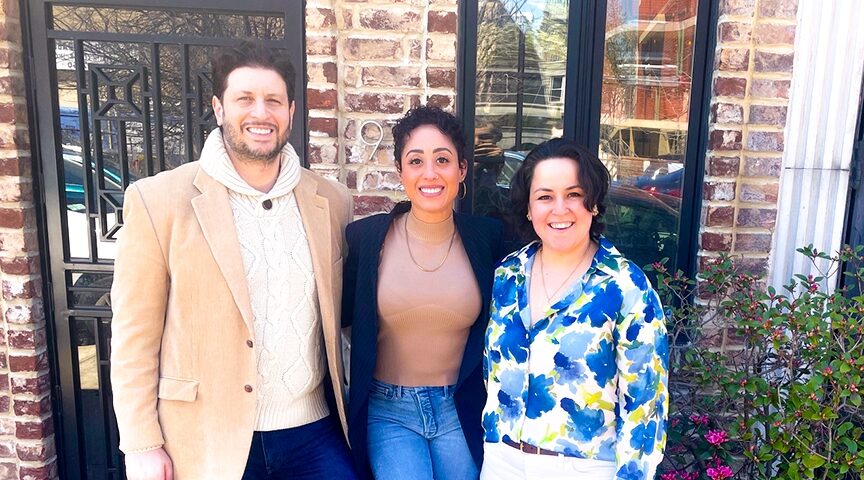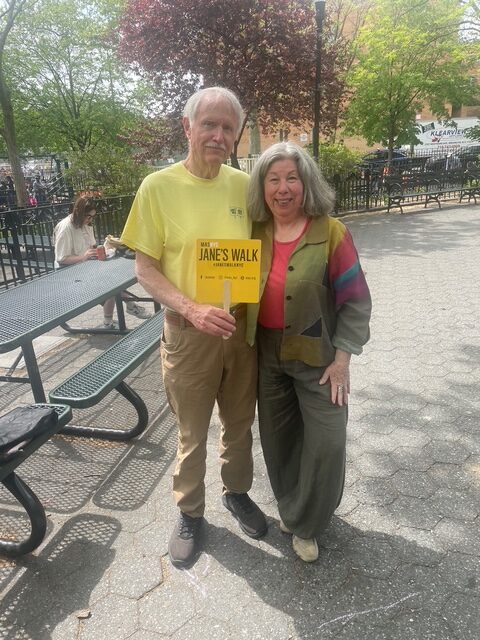Tim O’Brien’s 1990 auto fictional novel based on his time as a young soldier in Vietnam remains a popular choice in high school curriculum across the country. Teaching at a rural school in northern New Hampshire, the average student is removed from the horrors of war and mostly, blessedly, from extreme levels of violence. Although some students do have grandparents who served in Vietnam, their first hand knowledge and experience with war is nonexistent. Yet the absolute futility of war transmits directly to nearly every student through O’Brien’s masterful and lyrical series of intertwined vignettes. This speaks to the strength of the prose – the genius in which O’Brien is able to embody the emotional turmoil and everlasting guilt that each soldier carries with him long after the war is over is nearly impossible to overlook.
Despite being mildly averse to most assigned reading, students are willing to buy into The Things They Carried. This might be partially due to our country’s collective lingering guilt over Vietnam. I would venture to say this particular war is second in academic focus only to the Holocaust in a standard American public education. Most students arrive at the novel with a basic understanding of the Vietnam war and the countless mistakes made along the way. From my observations, most of my students, who are all born post 9/11, are much more educated in Vietnam history than about the War on Terror. But it’s not just the background knowledge that aids in the success of the book in the classroom. It’s something intangible – the capturing of the human spirit and immense suffering due to the toll of war that resonates with my students on a personal level. They don’t know combat but they know love, loss and sometimes even the first stirrings of regret in their young lives.
In recent class discussions I’ve found myself struggling to explain the concept of war. There is, after all, something that registers as so outlandish – so childish when you zoom out to the big picture. “So kids, a war is where grown men (and women, too) run and hide from one another with the sole purpose of destroying the other and staying alive…” Despite my floundering explanations my students nod knowingly. They might not be able to conceptualize the specific level of combat based terror, however, as teenagers, they can relate to doing something they might feel conflicted about without much imagination. Their understanding doesn’t make my own worry about a clunky and superficial explanation of war any smoother or illuminating.
After all the recent media/internet buzz, I recently watched Saltburn, a movie that left my husband and I wondering, (like many others) what was the point of those two hours of film? War, it seems, is the extreme human expression of this existential question. There might be some spectacular moments, and someone, somewhere is surely going to profit in a way that remains obscure to the hundreds of thousands of civilians who are sacrificed and truly, to most of the world left watching. The entire enterprise appears without purpose or function from the untrained outside eye. But, much like Saltburn, war has a place in our human history and imagination. We can’t seem to do without it and we can’t seem to stop talking about it. Although Saltburn is repulsive, people keep watching it. War, although base, repulsive and morally corrupt, cannot be fully eradicated from our lives. Like bedbugs and taxes, war follows us, determined to continue sucking the world dry.
During our study of the novel we’ve mostly stayed away from the current events in Russia / Ukraine and Israel / Gaza. I am, after all, an English teacher. The complexity and historical nuance surrounding both of those conflicts are not waters I feel comfortable dipping my toes into. Yet not mentioning these large scale humanitarian crises also feels like a missed opportunity. But what exactly do I want my students to take away from reading The Things They Carried? That war is traumatizing? That war breaks you? They’re empathetic and I can see they understand the emotional and psychological toll of combat on a deep level. I don’t believe this group of students will be the ones to go out and start wars. I’d think the purpose of “teaching about war” would be twofold: empathy and prevention. As we wrap up the book, I think we’ve achieved both of these goals. But our “work” in the classroom doesn’t stop wars from continuing.
In one of the vignettes, Tim O’Brien takes his ten year old daughter back to a field in Vietnam where many years earlier , he watched his friend drown in a field of shit. My classes were divided almost down the middle – is ten too soon to learn about your father’s dead friends? Is it better to lie to your child if you have in fact killed someone? These are philosophical dialogues, abstract intellectual conversations we have the privilege of engaging with from inside the classroom. Children and parents in Russia, Ukraine, Israel and Gaza don’t have this freedom. Parents all over other parts of the world touched by war, parents attempting to flee their war torn countries and head to safety certainly aren’t allowed the time to ponder – when is war too soon? These people are living a daily reality they can’t escape. Many people don’t have the luxury to consider whether or not ten is too young for the truth.
The weight of teaching students about war feels heavy. I feel unqualified to square with the two conflicts currently raging. There isn’t much I know for certain, but I do know, without a doubt, that from my vantage point war is pointless, tragic and an unimaginable loss of beautiful unfinished human lives. My opinion is shared by many many humans. But here we are. When I teach this book next spring, I wonder what conflicts will have befallen us – what conflicts will remain unsettled.
How many more lives will have been lost before I reopen The Things They Carried in a year’s time? Year after year Tim O’Brien’s message remains the same: war is bad. War causes irrevocable damage. You can’t get back what you’ve lost. But this is yet another cautionary tale we can’t or won’t learn from.
Author
Discover more from Red Hook Star-Revue
Subscribe to get the latest posts sent to your email.













